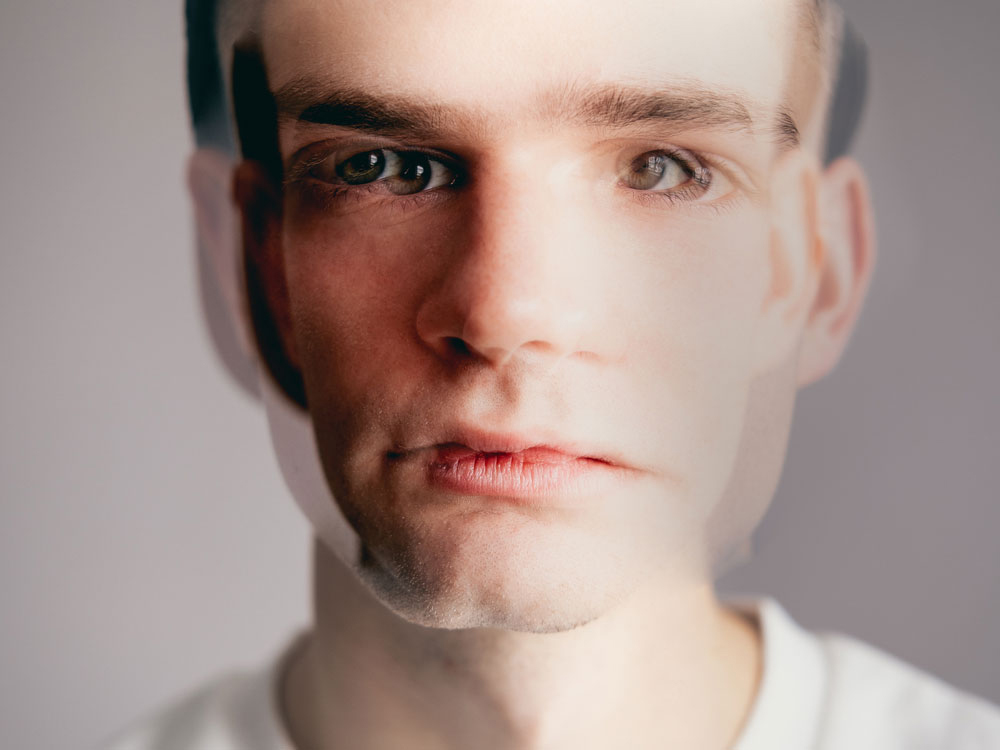Psychosis is a severe mental health condition that profoundly affects your perception of the world, disrupting thoughts, behaviors, and the ability to discern reality. This altered state can lead to hallucinations and delusions, making it challenging to manage daily life. While psychosis can result from conditions like schizophrenia, substance abuse can also trigger this mental state.
What Is Psychosis?
Psychosis represents a spectrum of symptoms rather than a single disorder, characterized by a significant disconnection from reality. This condition can manifest in various ways, including seeing or hearing things that are not present, believing unrealistic things despite contradictory evidence, and profound changes in perception. Psychosis can stem from psychiatric disorders, but it can also result from external factors such as stress, trauma, and notably, substance abuse.
The progression of psychosis can be insidious, starting with subtle shifts in thoughts and perceptions and escalating into more severe, disruptive symptoms if untreated. Early warning signs to be aware of include:
- Difficulty concentrating or making decisions
- Social withdrawal
- Inappropriate emotional responses or detached numbness
- Decreased motivation for self-care
- Experiencing hallucinations
- Harboring irrational beliefs or intrusive thoughts
- Increased paranoia or distrust
- Finding unwarranted significance in everyday occurrences
Drug-Induced Psychosis: A Closer Examination
Substance abuse exacerbates existing mental health issues and can also independently trigger a psychotic episode. Drug-induced psychosis can arise from the excessive use of specific substances, combining different drugs, or as a withdrawal symptom. The severity of the symptoms often parallels the level of drug use and usually subsides once you metabolize the substance and clear it from your body.
Substances known to induce psychotic episodes include the following.
- Prescription drugs: Some people taking medications such as steroids, muscle relaxants, antidepressants, and antiepileptic drugs have reported psychotic symptoms. If you experience these side effects, immediately consult your prescribing physician to have your treatment plan changed.
- Illicit drugs: Stimulants like cocaine and methamphetamine are well-documented for their ability to induce persecutory delusions, with users experiencing intense paranoia.
- Marijuana: An increasing body of evidence links high-THC cannabis products to psychosis, especially among frequent users.
- Alcohol: A condition called delirium tremens, characterized by severe delusions and hallucinations, can occur during acute alcohol withdrawal.
Navigating Recovery and Treatment
The overlap of drug use and psychosis highlights the necessity for comprehensive mental health treatment that addresses substance abuse and its consequences. Recovery from drug-induced psychosis requires a holistic approach, including medical detoxification, therapy, and possibly, medication to stabilize mood and alleviate psychotic symptoms.
At Palm Springs Behavioral Health, we understand the complexities of treating drug-induced psychosis and offer tailored treatment plans designed to support you with comprehensive medical evaluations and diagnostic tests. If you struggle with your mental wellness, we encourage you to seek professional help. With qualified treatment, you can regain control and move forward toward a healthier, more stable future. Contact us today through our confidential contact form.

